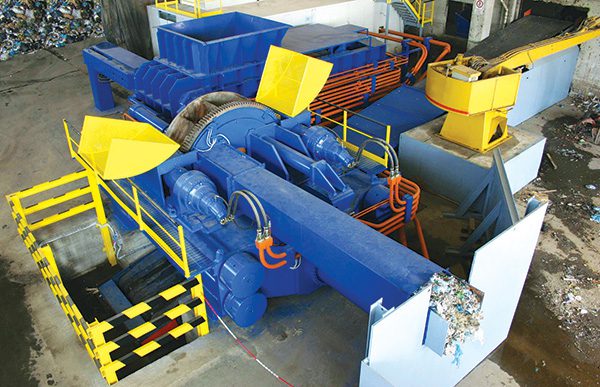“Landfill No More? Exploring Alternatives to Traditional Waste Disposal”
Landfills have long been the go-to solution for managing society’s waste, but their environmental impact and limited capacity have sparked a growing interest in exploring alternatives. From innovative recycling methods to advanced waste-to-energy technologies, the quest for sustainable waste management practices is gaining momentum. Are we approaching a future where landfills are no longer necessary? Let’s delve into the possibilities.
The Problem with Landfills:
Landfills pose significant environmental risks, including groundwater contamination, methane emissions (a potent greenhouse gas), and habitat destruction. Moreover, as land availability diminishes and communities oppose new landfill sites, the pressure to find alternative waste disposal methods intensifies.
Alternatives on the Rise:
1. Recycling and Material Recovery:
Advancements in recycling technologies are enabling more efficient separation and processing of recyclable materials. From single-stream recycling to advanced sorting systems, these methods help divert valuable resources from landfills and reduce the need for raw material extraction.
2. Composting and Organic Waste Management:
Composting offers a natural solution for managing organic waste, such as food scraps and yard trimmings. Municipal composting programs, backyard composting initiatives, and anaerobic digestion facilities convert organic matter into nutrient-rich soil amendments and biogas, reducing methane emissions and enriching soil health.
3. Waste-to-Energy Technologies:
Innovations in waste-to-energy (WTE) technologies are turning trash into treasure by converting non-recyclable waste into electricity, heat, or fuel. Anaerobic digestion, incineration with energy recovery, and gasification are among the methods being explored to extract energy from waste while minimizing environmental impacts.
4. Circular Economy Initiatives:
The concept of a circular economy aims to eliminate waste by designing products with reuse, recycling, and resource recovery in mind. By closing the loop on materials and products, circular economy initiatives minimize the need for landfill disposal and create a more sustainable and resilient economic system.
Challenges and Considerations:
While alternatives to landfills show promise, they also face challenges such as technological barriers, economic viability, and public perception. Achieving widespread adoption of these alternatives requires investment in infrastructure, policy support, and public education to drive behavioral change and overcome resistance to new approaches.
Toward a Waste-Free Future:
The vision of a landfill-free future is within reach, but it requires collective action and innovation across sectors. Governments, businesses, and communities must collaborate to invest in sustainable waste management infrastructure, implement supportive policies, and embrace a culture of waste reduction and resource conservation.



